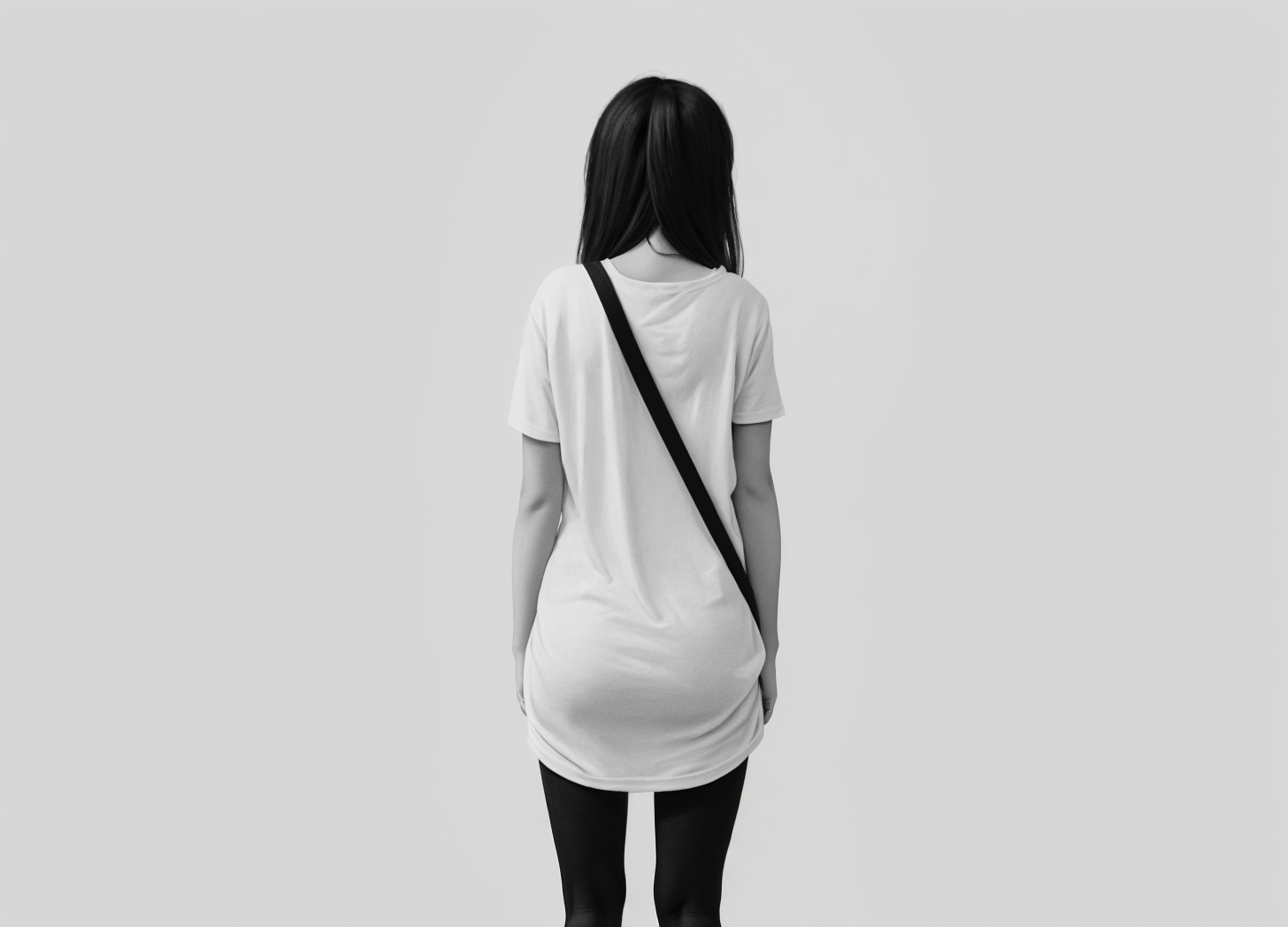Is Homosexuality Innate?
Some people believe that homosexuality is innate and merely a healthy variation in sexual expression. But what if early life experiences, like abuse or neglect, play a role in how our attractions and identities develop?
A 2013 study seeks to address this question by exploring the link between childhood maltreatment and same-sex sexuality in adulthood. Let's see what we can learn from it.
The Study
The study was published in the Archives of Sexual Behavior and relied on a U.S. survey of over 34,000 adults¹. Researchers Andrea L. Roberts, M. Maria Glymour, and Karestan C. Koenen explored if early abuse or neglect could influence adult sexual orientation. They didn't just look at correlations; they used statistical methods to tease out potential causal effects. These models accounted for family factors like having a stepparent, poverty, parental alcohol abuse, or mental illness — things that increase maltreatment risk without being directly tied to a child's emerging sexuality.
Here's what they found:
- Sexual Abuse's Impact: A history of childhood sexual abuse was linked to a 2.0 percentage point increase in same-sex attraction, a 1.4 point increase in having same-sex partners, and a 0.7 point increase in identifying as gay, lesbian, or bisexual. These effects were stronger for men than women.
- Non-Sexual Maltreatment: Other forms of abuse, like physical abuse or neglect, also predicted same-sex identity in both men and women, and same-sex partners among women.
- Attributable Fractions: The researchers estimated that about 9% of same-sex attraction, 21% of same-sex partnering, and 23% of homosexual or bisexual identity could be attributed to childhood sexual abuse alone.
- Bidirectional but Causal: It's a two-way street — early hints of same-sex feelings might make some kids more prone to abuse. Yet the study offers evidence that abuse can directly influence how sexuality develops, possibly through pathways like eroded self-worth, aversion to opposite-sex relationships, or learned behaviors.
The study acknowledges limitations: It's based on self-reports, which could involve recall bias, and it can't fully rule out other factors that might impact results. Still, the methodology used strengthens the case for causality, and the effects held up in sex-stratified analyses. The authors note, 'The present study used instrumental variable methods to analyze data from natural experiments to provide novel evidence that maltreatment may shape sexual orientation [emphasis added].'
If you want a deep dive, the original study is available for free online.
Why Does This Matter?
I've written before about how trauma impacts sexuality. Does that mean everyone who experiences same-sex attraction has also experienced trauma in the past? Not necessarily. But it does challenge the idea that people are 'born this way.' Instead, the study suggests that trauma might contribute to the development of same-sex attraction by disrupting healthy development, fostering distrust in relationships, or even imprinting certain patterns.
I also found it interesting that the study highlights differences between men and women. For sexual abuse, the effects are much stronger in men, leading to greater increases in same-sex attraction, partners, and identity compared to women. For non-sexual maltreatment — such as physical or emotional abuse, neglect, or witnessing violence — the impacts are more subtle, slightly raising same-sex identity in both sexes and same-sex partners in women. This could happen perhaps because boys abused by men might start believing they're gay, while girls could develop fear or aversion to men.
Overall, the study underscores how childhood wounds can ripple into our adult lives if left unchecked, impacting our identity and how we connect with others at the deepest level. For that reason, I'm supportive of traditional family values that prioritize the wellbeing of the child.

Healing & Moving Forward
When I look back at my own life, I see how past wounds — abuse, neglect, even subtle misunderstandings and personality clashes — influenced my own trajectory. It wasn't always obvious trauma; sometimes it was the quiet buildup of unmet needs. But recognizing that complexity has been key to my growth.
Regardless, it's not about blaming anyone — it's about understanding how our past can influence us. If early experiences can influence sexuality, as this study suggests, what happens when we treat those experiences? Not everybody who grapples with same-sex sexuality finds those attractions congruent with their values. Therapy can help unpack, identify, and treat those wounds. But finding the right support is tricky amid debates over 'conversion therapy.'
The U.S. Supreme Court has recently heard arguments in Chiles v. Salazar, challenging Colorado's ban on 'conversion therapy' practices for minors. Early reports show conservative justices skeptical of the ban, hinting at a potential ruling in favor of petitioner Kaley Chiles. Such a ruling would strike down or narrow such bans on First Amendment grounds, though we likely won't hear a decision till summer 2026.
To be clear, I'm in favor of striking down this ban — especially in light of studies like this: if maltreatment causally shapes orientation, working through trauma shouldn't be labeled and banned as 'conversion therapy.'
Bans like these don't protect — they hinder those seeking voluntary change. They block people from healing relational wounds. Wounds, that for some, are tied to unwanted attractions.
For anyone struggling out there, please know that your past doesn't define your future. If you need help, find a therapist. You're in the driver's seat. And you're not alone.
1) Roberts, A. L., Glymour, M. M., & Koenen, K. C. (2012). Does maltreatment in childhood affect sexual orientation in adulthood? Archives of Sexual Behavior, 42(2), 161–171. https://doi.org/10.1007/s10508-012-0021-9
Member discussion